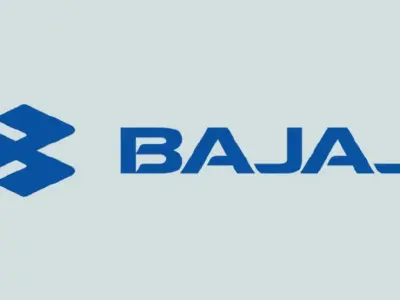New Cash Transaction Rules: A Guide to Avoiding Trouble with Income Tax Department
The Income Tax Department has tightened regulations on cash transactions in recent years, prompting investment and lending institutions to implement stricter rules. Violations of these rules can result in a notice from the Income Tax Department, so it is important to be aware of the limits and regulations. Here are five transactions that can land you in trouble.
Bank Fixed Deposit (FD)
Individual deposits in one or more fixed deposits cannot exceed Rs 10 lakh. Banks must disclose this information to the Central Board of Direct Taxes (CBDT).
Bank Savings Account Deposit
Cash deposits in a savings account cannot exceed Rs 10 lakh in a financial year. Deposits and withdrawals exceeding this limit must be disclosed to the tax authorities. In current accounts, the limit is Rs 50 lakh.
Credit Card Bill Payment
Payments of Rs 1 lakh or more in cash for credit card bills must be reported to the Income Tax Department. Payments of Rs 10 lakh or more in a financial year must be disclosed to the tax department.
Sale or Purchase of Real Estate
Investment or sale of immovable property for Rs 30 lakh or more must be reported by the property registrar to the tax authorities. Taxpayers are advised to report their cash transactions in Form 26AS.
Investment in Shares, Mutual Funds, Debentures, and Bonds
Cash transactions in these investments cannot exceed Rs 10 lakh in a financial year.
The Income Tax Department has prepared an Annual Information Return (AIR) statement of financial transactions to trace high-value cash transactions. Tax authorities will collect details of abnormally high-value transactions in a particular financial year. Stay within the limits to avoid trouble with the Income Tax Department.
Follow DelhiBreakings on Google News
Sorted points by DelhiBreakings.com team.
👉 The Income Tax Department has become very cautious about cash transactions these days.
👉 Investment and lending institutions allow cash transactions only up to a certain limit.
👉 There are many transactions monitored by income tax, and even a slight violation can lead to a notice from the department.
👉 5 transactions that can land you in trouble include bank fixed deposits, bank savings account deposits, credit card bill payments, sale or purchase of real estate, and investment in shares, mutual funds, debentures, and bonds.
👉 Cash deposit in bank FD should not exceed Rs 10 lakh, and the same goes for bank savings accounts.
👉 Payments of Rs 1 lakh or more in cash in lieu of credit card bills should be reported to the Income Tax Department.
👉 Property registrar must disclose any investment or sale of immovable property for an amount of ₹30 lakh or more.
👉 Cash transactions in mutual funds, stocks, bonds, or debentures should not exceed ₹10 lakh in a financial year.
👉 The Income Tax Department has prepared the Annual Information Return (AIR) statement of financial transactions to trace high-value cash transactions of taxpayers.
For Superfast national news and Delhi Breaking Stories visit us daily at https://delhibreakings.com





